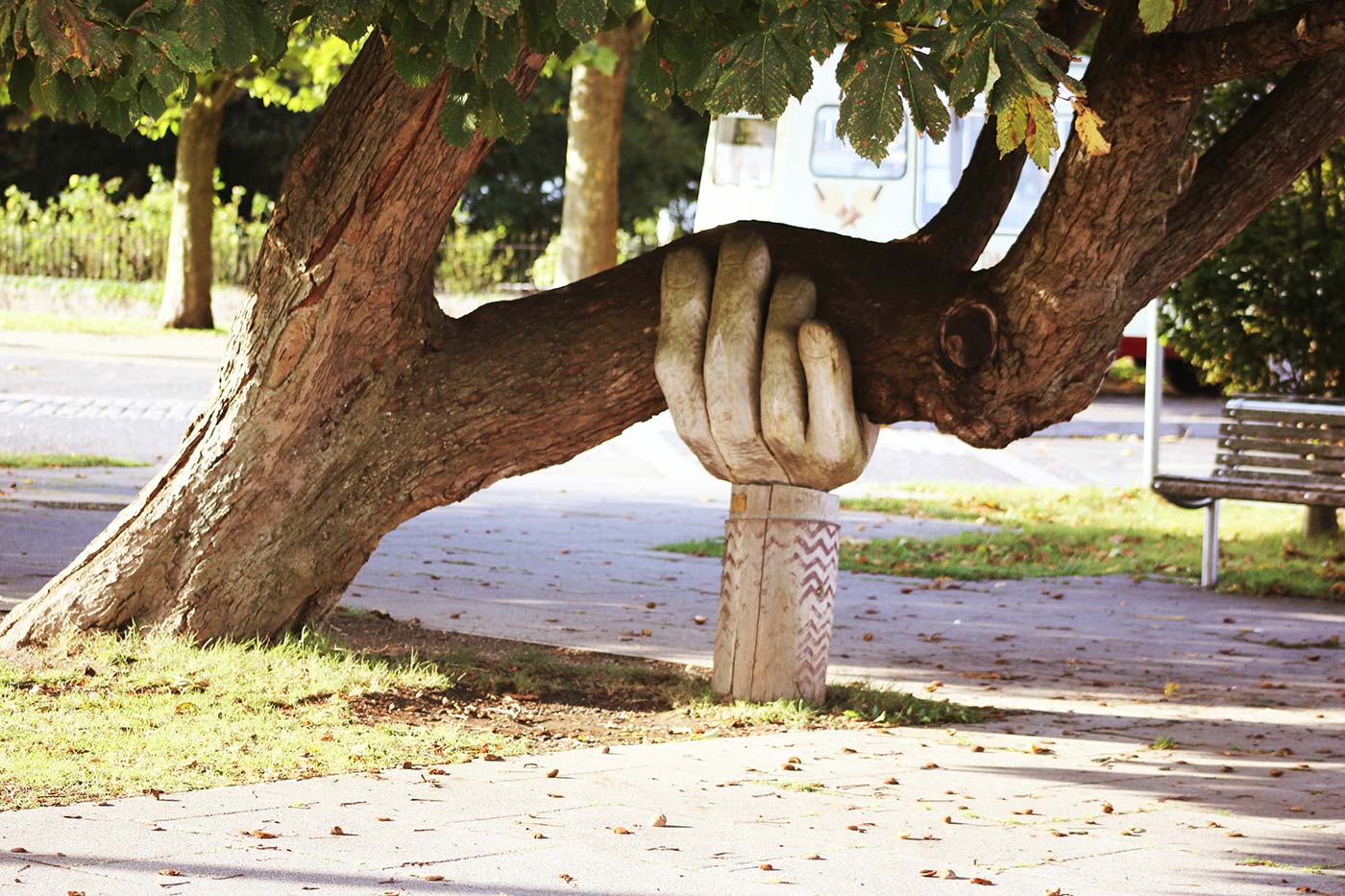Joe’s beloved wife of 20 years was diagnosed with dementia, a shock to both of them. In the weeks and months that followed, Joe set about to make sure Evelyn was as happy and comfortable as she possibly could be. He woke up early to make her favorite breakfast so he could focus on getting her dressed once she arose. He spent his days caring and correcting and protecting and fell into bed late every night absolutely exhausted.
Joe didn’t know that the love he was showing his wife would ultimately be the worst thing for her, and for him. One Monday night he fell over on the living room floor and died of a heart attack. The doctor had told him the stress was taking a physical toll, told him he needed to change something, but Joe didn’t see any options. Evelyn watched him die, and now lives in a memory care facility where she rarely gets visits from anyone she knows.
This story is as common as it is tragic. Many caregivers end up dying before their loved ones because stress is fatal.
There’s a famous 1999 study that showed caregivers have a 63% higher mortality rate than non-caregivers. According to Stanford University, 40% of Alzheimer’s caregivers die from stress-related disorders before the Alzheimer’s patient. Another study shows 70% of caregivers over age 70 die first.
Supporting a loved one through dementia or cancer or any other debilitating condition is fatal if you don’t take care of yourself. So what’s a loved one to do?
In my work with caregivers, the very first principle we discuss is this: your primary job is not to take care of your loved one, it’s to take care of yourself.
Yes, this means you must find space for more self-care. But more than that, it’s a new way of thinking about everything you do as a caregiver. Decide first what you need to do for yourself to be functional and well, and then fill in your time with caregiving responsibilities. The gap – anything that you can’t fit in after taking care of yourself – either needs to be delegated or simply eliminated.
When it’s a life or death issue, we quickly learn to prioritize what’s truly important.
Years ago I was complaining to a business mentor of mine that my to-do list was too long, that I couldn’t get everything done. He said I need to choose my top three priorities every day, and once I get those done I can focus on other things.
“But you don’t understand … I have more than three things that absolutely have to get done every day!”
It doesn’t matter, he reminded me. Choose the three things which, if you died tomorrow, would have been most important for you to have done today.
If you really love the person you’re caring for, taking care of yourself is not optional. It’s mandatory, and the longer you wait to take care of yourself the more likely it is you’ll leave your loved one without anyone to help at all. Choose the top three things that need to happen each day, including at least one thing to take care of yourself. There are services and maybe even family members or friends who will pitch in to take care of the rest if you stop doing everything and ask them.
If you truly don’t have time to do anything to take care of yourself, it’s time to let something go. If you can’t take mom to her annual physical without skipping your yoga session, either reschedule her physical or find someone else to take her.
Self care isn’t selfish, it’s an act of love. If you’re not here anymore to support your person, who will be?
